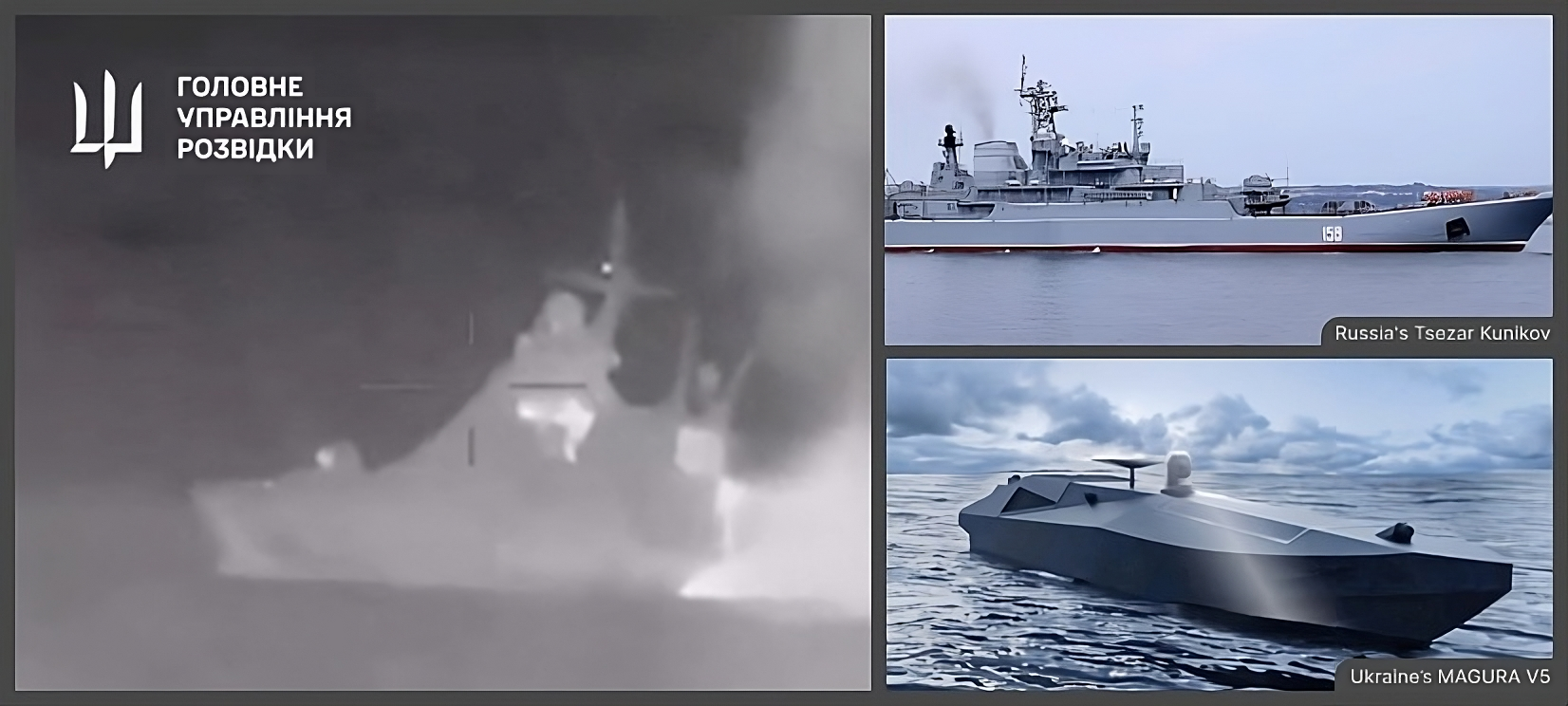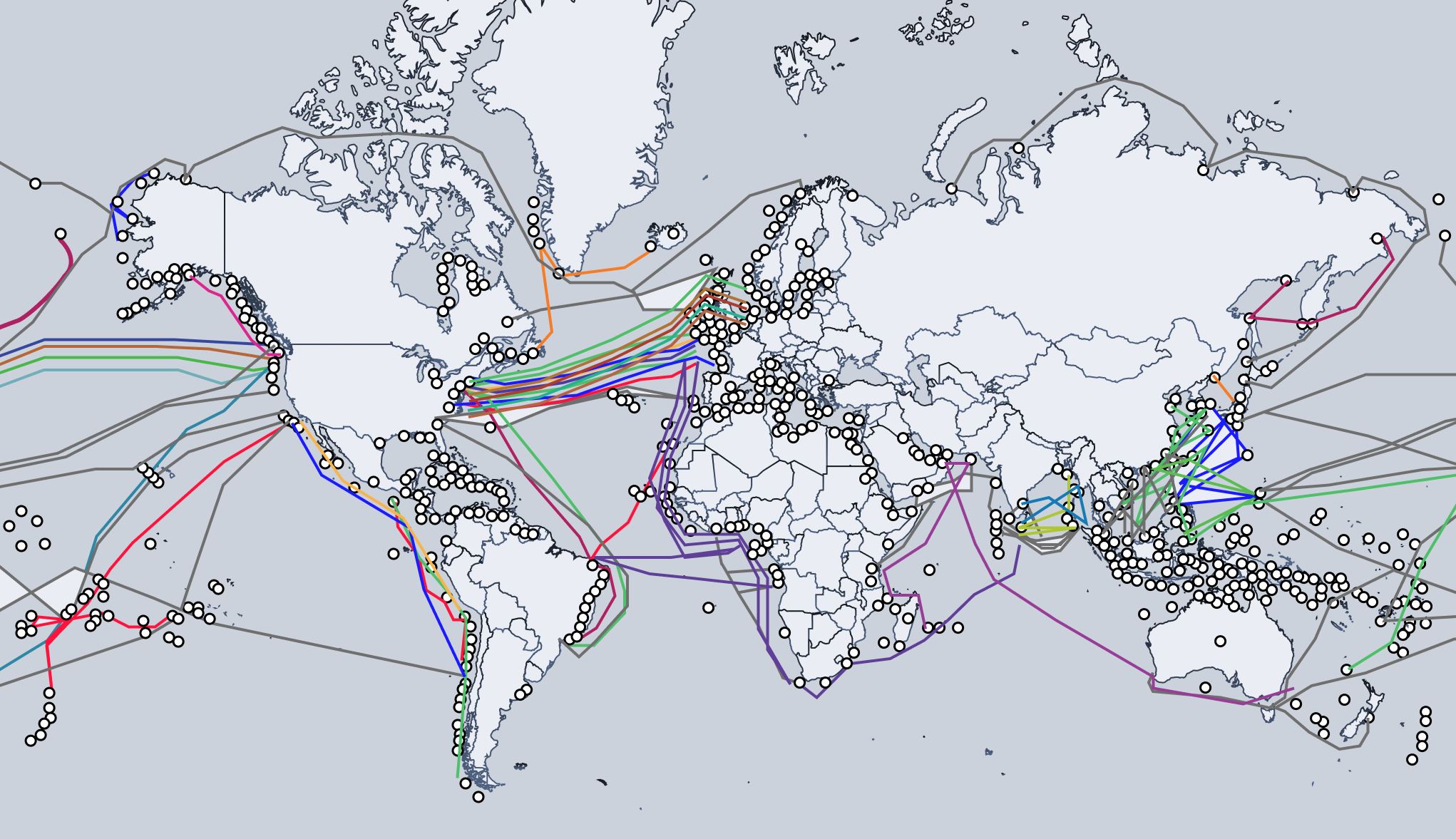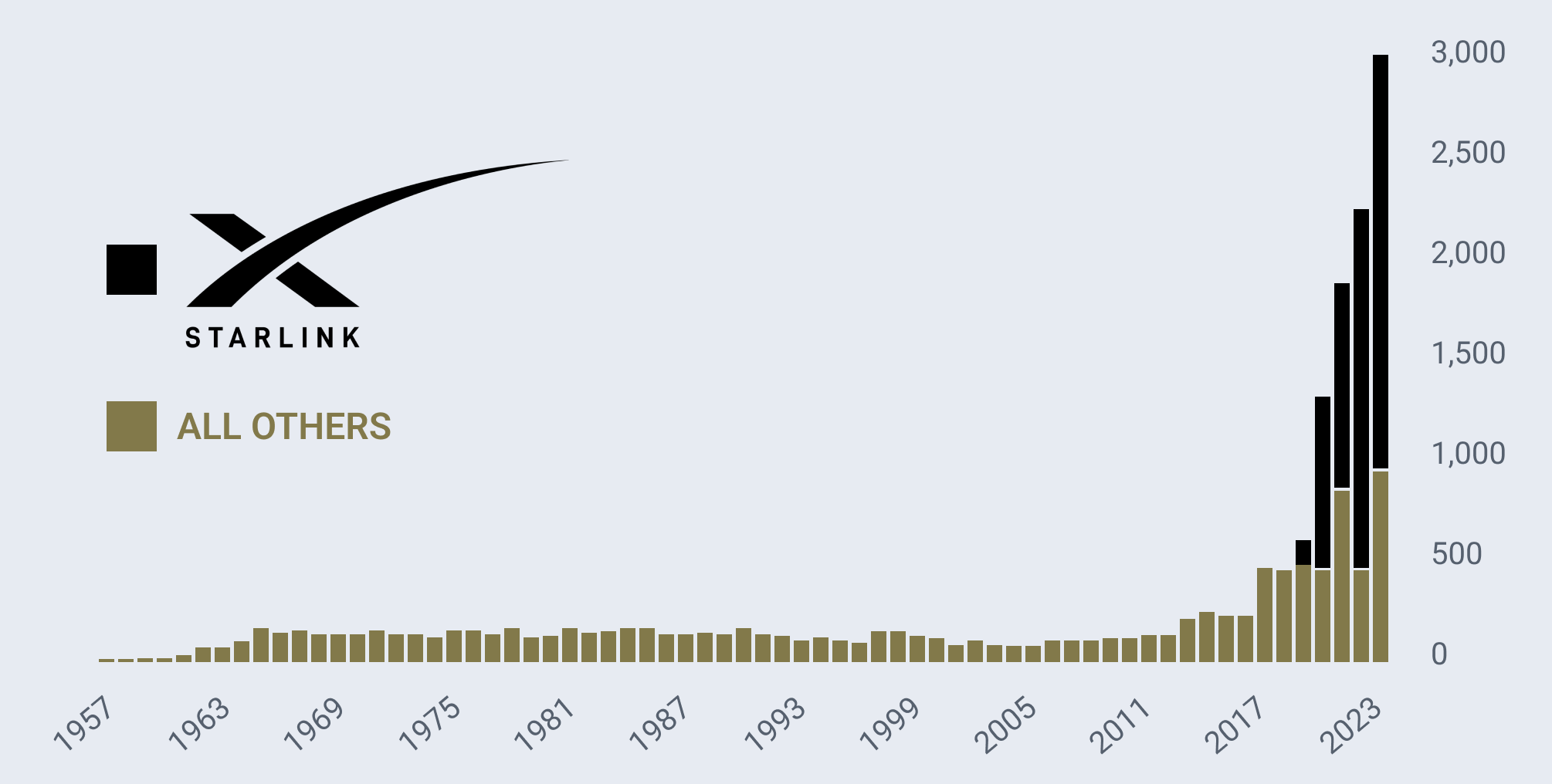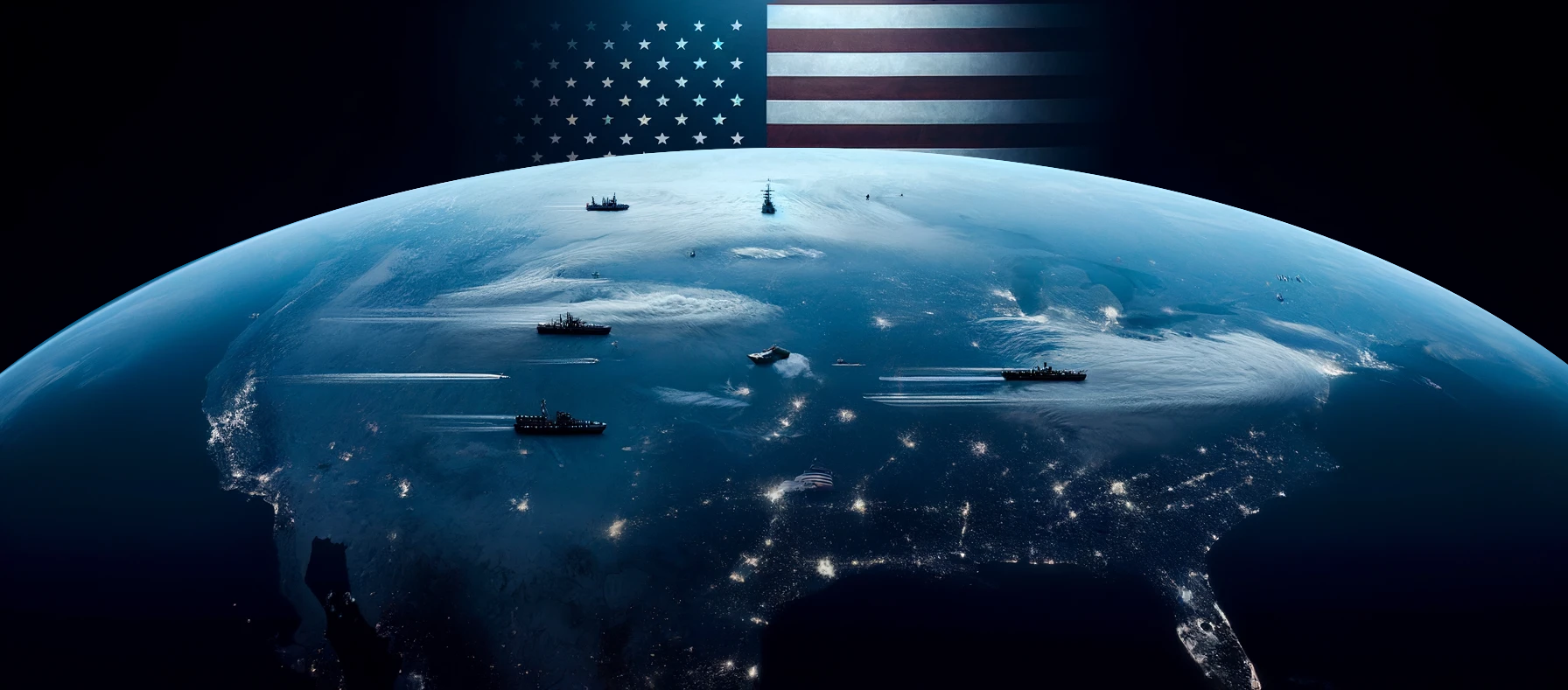"For whosoever commands the sea commands the trade; whosoever
commands the trade of the world commands the riches of the
world, and consequently the world itself."
Sir Walter Raleigh
Stability at sea is the foundation of the modern economy.
Maritime power shapes global peace and prosperity. China, Russia, and Iran are increasingly encroaching on freedom of
the seas by expanding their maritime activities and territorial claims.
In response to Russia's blockade in the Black Sea, Ukraine was
forced to improvise a “mosquito navy” comprised of fast,
autonomous boats, marine drones, and jet skis. The Houthis have used underwater drones and ballistic missiles to
target both warships and commercial shipping in the Red Sea, sinking
MV Rubymar, a bulk carrier cargo ship. Maintaining safe and secure sea lanes requires a global
coalition of public and private sector partners. Only by prioritizing maritime interests and pooling our resources
can allied nations stay true to our values, protect our interests,
and ensure a stable and prosperous future for everyone.
 Ukraine's MAGURA V5 Sea Drones have caused $500 million worth
of damage to the Russian Black Sea Fleet. Each drone can be
built for less than $300,000 (AP, Kyiv Post).
Ukraine's MAGURA V5 Sea Drones have caused $500 million worth
of damage to the Russian Black Sea Fleet. Each drone can be
built for less than $300,000 (AP, Kyiv Post). Outside of their geopolitical importance, the world's oceans
are the cornerstone of international trade and commerce. Oceans transport 90% of globally traded goods.
Undersea fiber optic cables facilitate the transmission of 99%
of international data traffic.
Today, thousands of satellites orbit high above the Earth. They have
changed how people connect with the oceans. Ships at sea now have internet connectivity that is 2,000 times
faster and at one-third of the cost. This will continue to revolutionize the transportation goods, leading
to faster, more affordable, and safer global trade. Despite these advancements,
our maritime infrastructure remains vulnerable and brittle. Maritime
disruptions, such as the Global Supply Chain Crisis in 2021 and the
Red Sea Crisis in 2023, have ripple effects on the global economy.

12% of Global Trade and 30% of Container Traffic traverses
through the Suez Canal. The Houthis have attacked 43 ships in
the area and hit 21, driving 3x increase Global Container
Prices since October 2023 (Reuters, NASA, Terra/MODIS).
Beyond its economic and strategic significance, the sea also
plays a crucial role in sustaining the ecological balance on our
planet.
The diverse ecosystems found within the ocean support an abundance
of marine life, including species essential for our survival. However,
these ecosystems are under threat from various forms of environmental
degradation, including dark fleets' illegal fishing, overexploitation, and habitat destruction. Urgent action is needed to mitigate these impacts
and safeguard the health of our oceans for present and future generations.

Map of Submarine Cables carrying 99% of international data.
The deepest cables can reach over 30,000 feet below the
surface (TeleGeography). Changes in maritime security, global trade, and the growing energy demand,
coupled with limited private market investment in the US in target markets,
highlight the need for critical investments to modernize our
maritime capabilities and infrastructure. Our business at Mare Liberum ("
freedom of the sea")
focuses on investing in the strategic assets necessary for a
global coalition of partners to maintain free and open seas. Our
Fund invests in maritime assets and capabilities that will be
critical in response to three key inflection points:
-
1. Challenges to maritime security driven by asymmetric naval warfare
-
2. Global Trade and Supply Chain Realignment away from China
-
3. Increasing Ocean Exploration Driven by the Energy Transition and Rising AI Energy Demands

The exponential increase in satellites launched into space,
primarily driven by SpaceX's Starlink, is redefining ocean
connectivity (Infonomena).
Strategic investments in areas like unmanned and autonomous
systems, maritime cybersecurity, modern shipbuilding, and
emissions reduction are necessary to adapt to these evolving
changes. These investments not only strengthen deterrence but also promote
collaboration among allied nations. Only by investing in critical maritime
assets and capabilities can nations uphold their autonomy and preserve
the freedom of the seas for future generations. Mare Liberum remains
committed to making investments that enhance maritime security and global prosperity.

 Ukraine's MAGURA V5 Sea Drones have caused $500 million worth
of damage to the Russian Black Sea Fleet. Each drone can be
built for less than $300,000 (AP, Kyiv Post).
Ukraine's MAGURA V5 Sea Drones have caused $500 million worth
of damage to the Russian Black Sea Fleet. Each drone can be
built for less than $300,000 (AP, Kyiv Post). 


